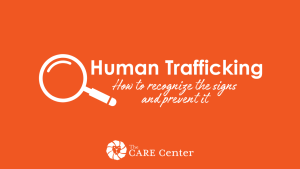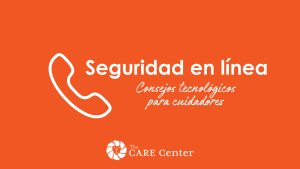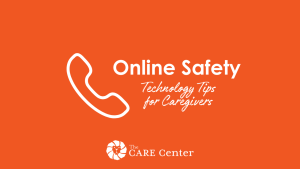By Stacy McNeiland
As cases of COVID-19 continue to rise, it is clear that we are in the throes of a modern-day pandemic. But as we focus our community efforts on stopping the pandemic, it’s important to recognize the epidemic that has long plagued the children in our country.
It is a sad but statistically true fact that in Oklahoma County, 1 in 3 girls and 1 in 5 boys will be abused before their 18thbirthday. Like the pandemic, the effects of the epidemic that is child abuse will be felt for generations to come.
And that’s not the only way these two things, epidemic and pandemic, are connected.
With schools closed, children find their worlds suddenly much smaller than it was just a few weeks ago, and their usual protectors may be out of reach.
According to a report from the Oklahoma Department of Human Services, in FY 2017 more than 1,300 reports resulting in a substantiated case of child abuse came from a school. The report lists schools as the fourth most common source of child abuse reports, behind law enforcement, child welfare workers and relatives. Together, those four sources make up 58.98% of all reported cases, with the remaining 30+ percent of reports were divided among 17 other sources.
Simply put, a teacher or school counselor who might’ve recognized and reported signs of abuse in the children in their care no longer have the ability to do that. Abuse that might have been stopped has the opportunity to go undetected, unreported and unprosecuted.
DHS Director Deborah Shropshire recently drove home this point when she said, “Isolation and the stress of children being home all the time could increase the risk for child maltreatment, and children being out of school naturally reduces the number of eyes watching over them. Though we’ve seen a drop in total call volume to our Statewide Hotline, the calls we have received are mostly meeting a higher priority criteria, indicating a need to quickly investigate the child’s safety. We are asking the community to check-in with those around them to offer help. If we all watch out for each other, we can protect our neighbors.”
At The CARE Center, we are continuing to see emergency cases at our facility, despite the shutdown. We are also focusing our efforts on prevention, by providing our ROAR curriculum online for no cost.
ROAR is a program we created to teach very young children that their bodies are their own, that they should never keep secrets that make them feel sad or scared and that they should identify three trusted adults they can go to for help. This program is usually taught in a school or childcare setting, but right now, anyone can access it on our social media channels. Last year alone, we were proud to help more than 12,800 kids find their ROAR!
There are additional resources on our website, www.carecenter-okc.org to help parents, caregivers and essential workers identify and report suspected abuse.
In addition to our prevention efforts, we join DHS and all our partners in asking members of our community to be on high alert for signs of abuse. Signs of child abuse include: changes in behavior, including aggression and hostility; withdrawal from friends or activity; self-harm; running away; and, physical signs such as bruising. Anyone who suspects abuse is urged to call 1-800-522-3511 immediately. It is important to note that in Oklahoma, all adults are mandated reporters of suspected abuse. A report may be made confidentially. Concerned Oklahomans should call 911 if a child is in imminent danger.
April is Child Abuse Prevention Month, and while we are all hyper aware of this virus in our midst, we must be ever vigilant in putting an end to child abuse. This scourge existed before COVID-19, and it will be here long after coronavirus is eradicated. The question is, what are we going to do about it?
McNeiland is CEO of The CARE Center, an Oklahoma City nonprofit providing child abuse prevention, intervention and education throughout central Oklahoma.








